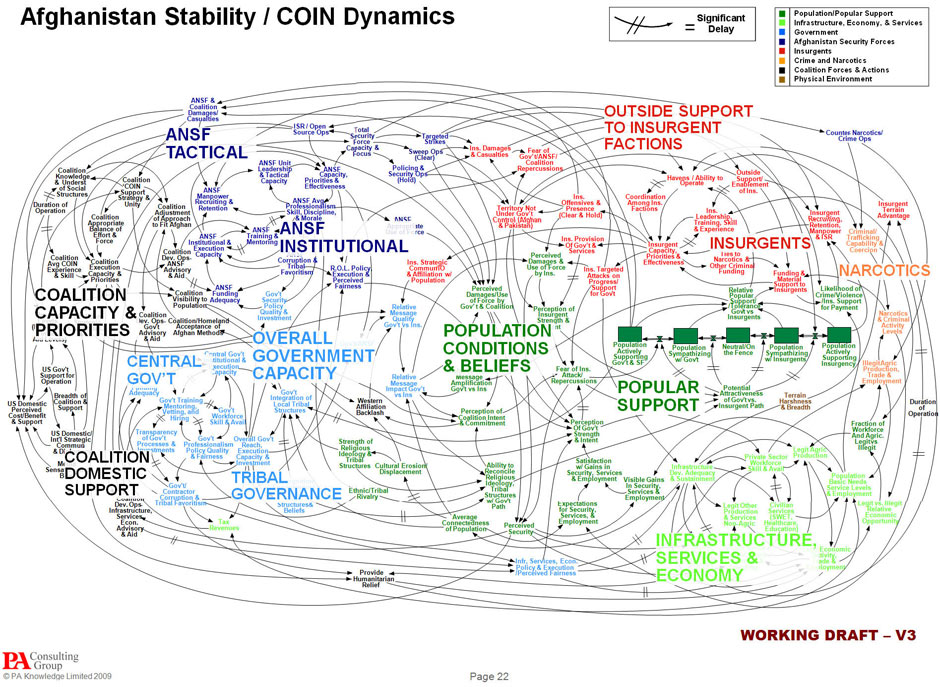When fighting a counter insurgency campaign one must look at all sources for information.
Che Guevara fought and led a campaign in Cuba during the revolution and his thoughts on fighting are insightful and very useful even today.
Pentagon planners need to read what the enemy reads, must know what the enemy knows and must be willing to apply it.
They must also read the very manuals they write.
"Where a government has come into power through some form of popular vote, fraudulent or not, and maintains at least an appearance of constitutional legality, the guerrilla outbreak cannot be promoted, since the possibilities of peaceful struggle have not yet been exhausted."
 |
| Battle of Santa Clara, Cuba 1959 |
"The great lesson of the guerrillas' invincibility is taking hold among the masses of the dispossessed. The galvanization of the national spirit; the preparation for more difficult tasks, for resistance to more violent repression. Hate as a factor in the struggle, intransigent hatred for the enemy that takes one beyond the natural limitations of a human being and converts one into an effective, violent, selective, cold killing machine. Our soldiers must be like that; a people without hate cannot triumph over a brutal enemy"
Che Guevara (1928 - 1967)
At its heart, a counterinsurgency is an armed struggle for the support of the population.
This support can be achieved or lost through information engagement, strong representative government, access to goods and services, fear, or violence. This armed struggle also involves eliminating insurgents who threaten the safety and security of the population.
However, military units alone cannot defeat an insurgency.
Most of the work involves discovering and solving the population’s underlying issues, that is, the root causes of their dissatisfaction with the current arrangement of political power. Dealing with diverse issues such as land reform, unemployment, oppressive leadership, or ethical tensions places a premium on tactical leaders who can not only close with the enemy, but also negotiate agreements, operate with nonmilitary agencies and other nations, restore basic services, speak the native (a foreign) language, orchestrate political deals, and get "the word" on the street.
FM 3- 24.2
General David Petraeus
Tactics in Counterinsurgency
US Army
 |
| Afghanistan Powerpoint slide that demonstrated the uselessness of cubicle thinking. |

No comments:
Post a Comment